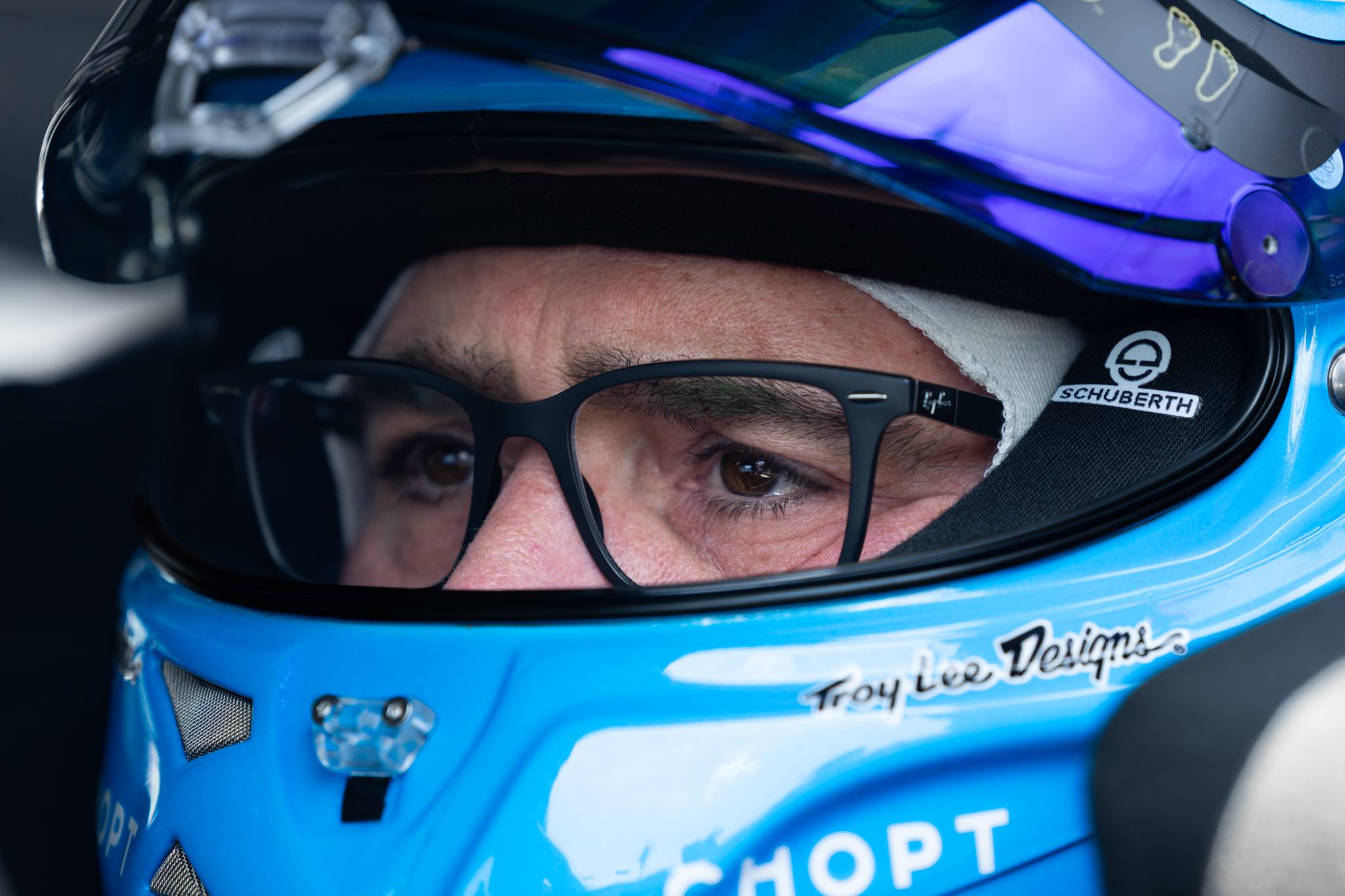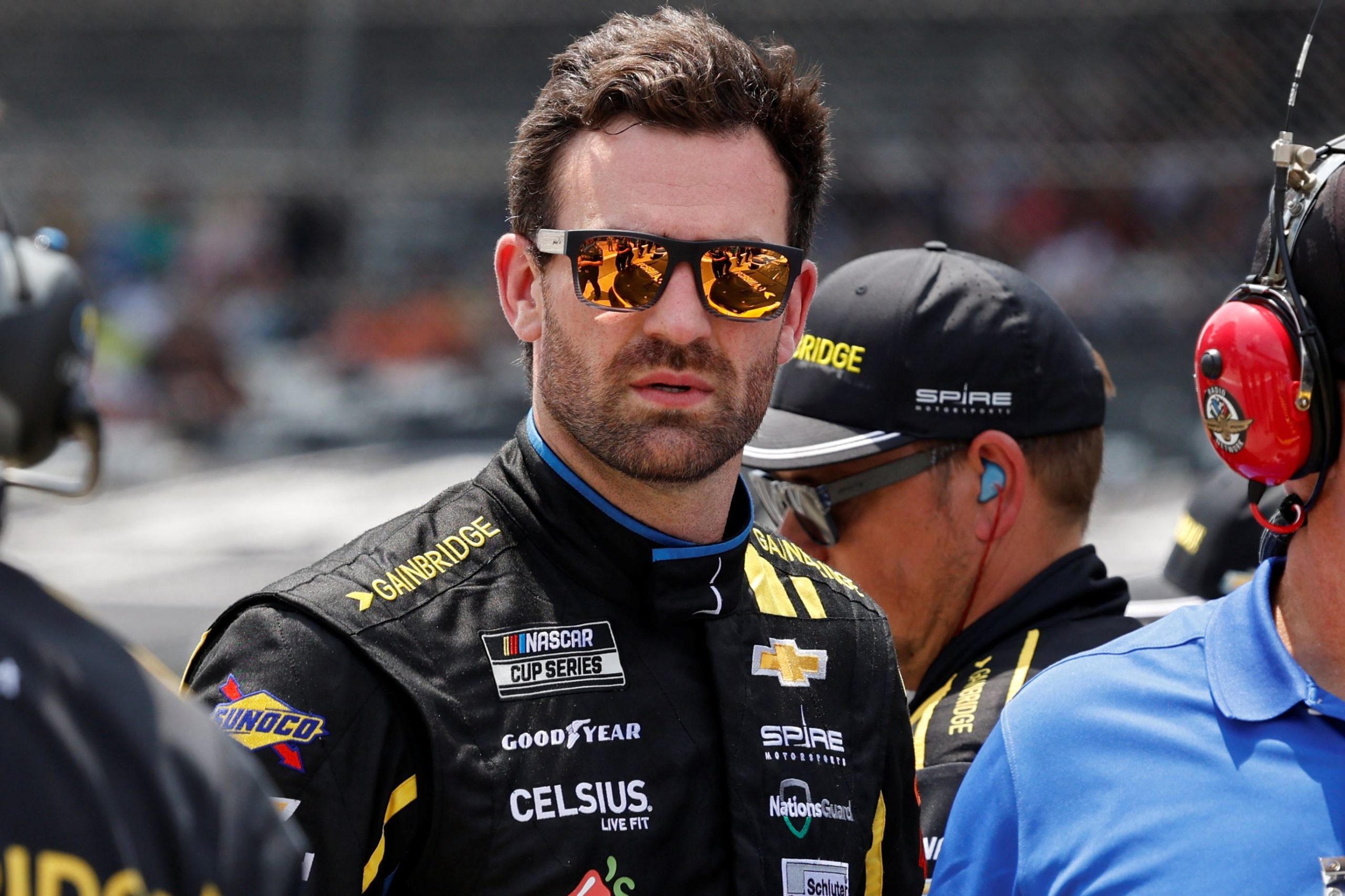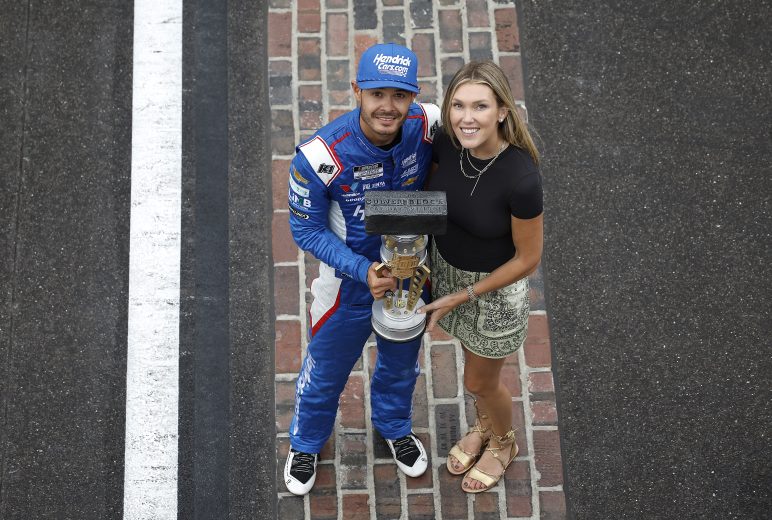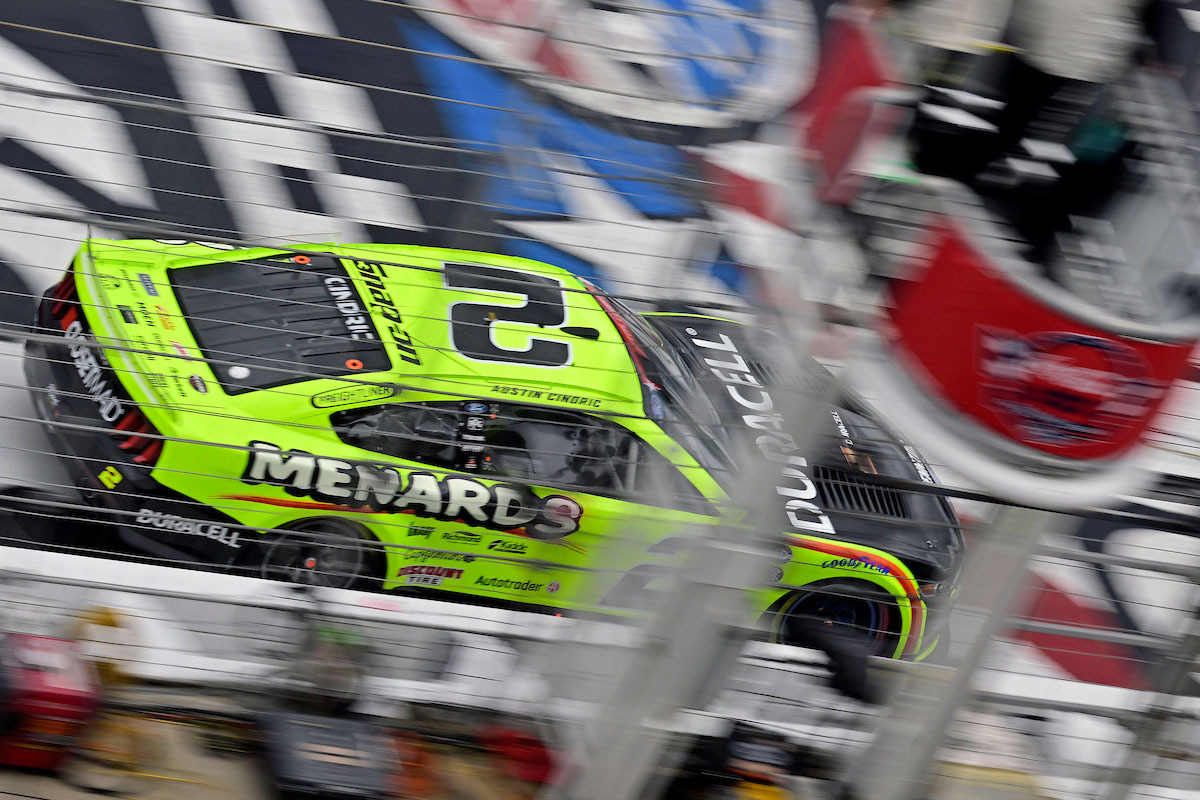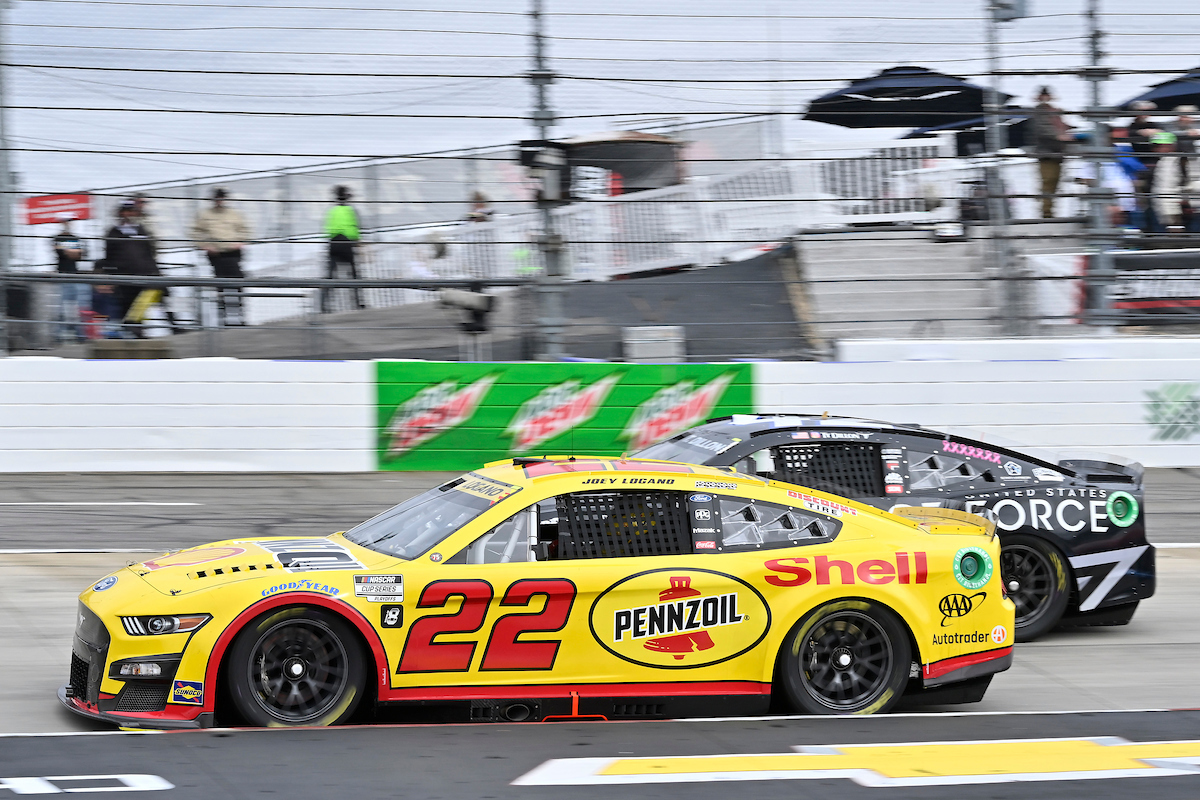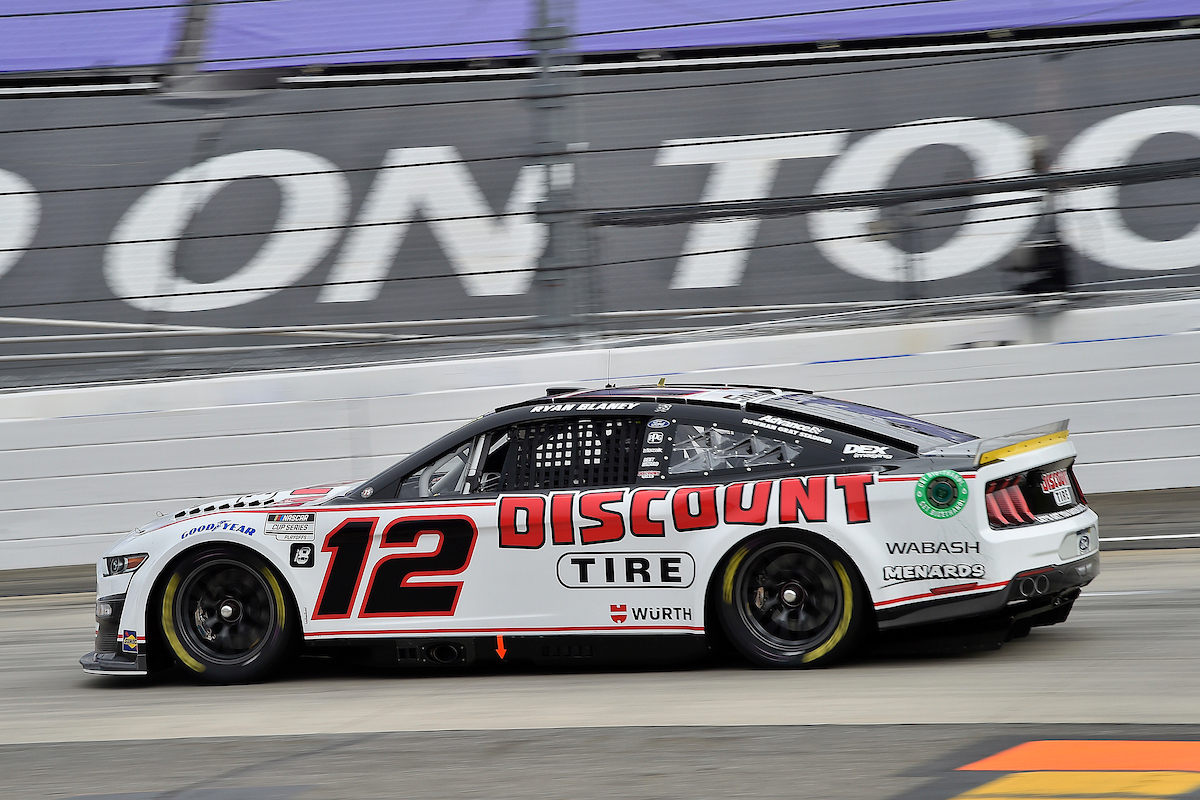What is NASCAR’s equivalent to the Super Bowl?
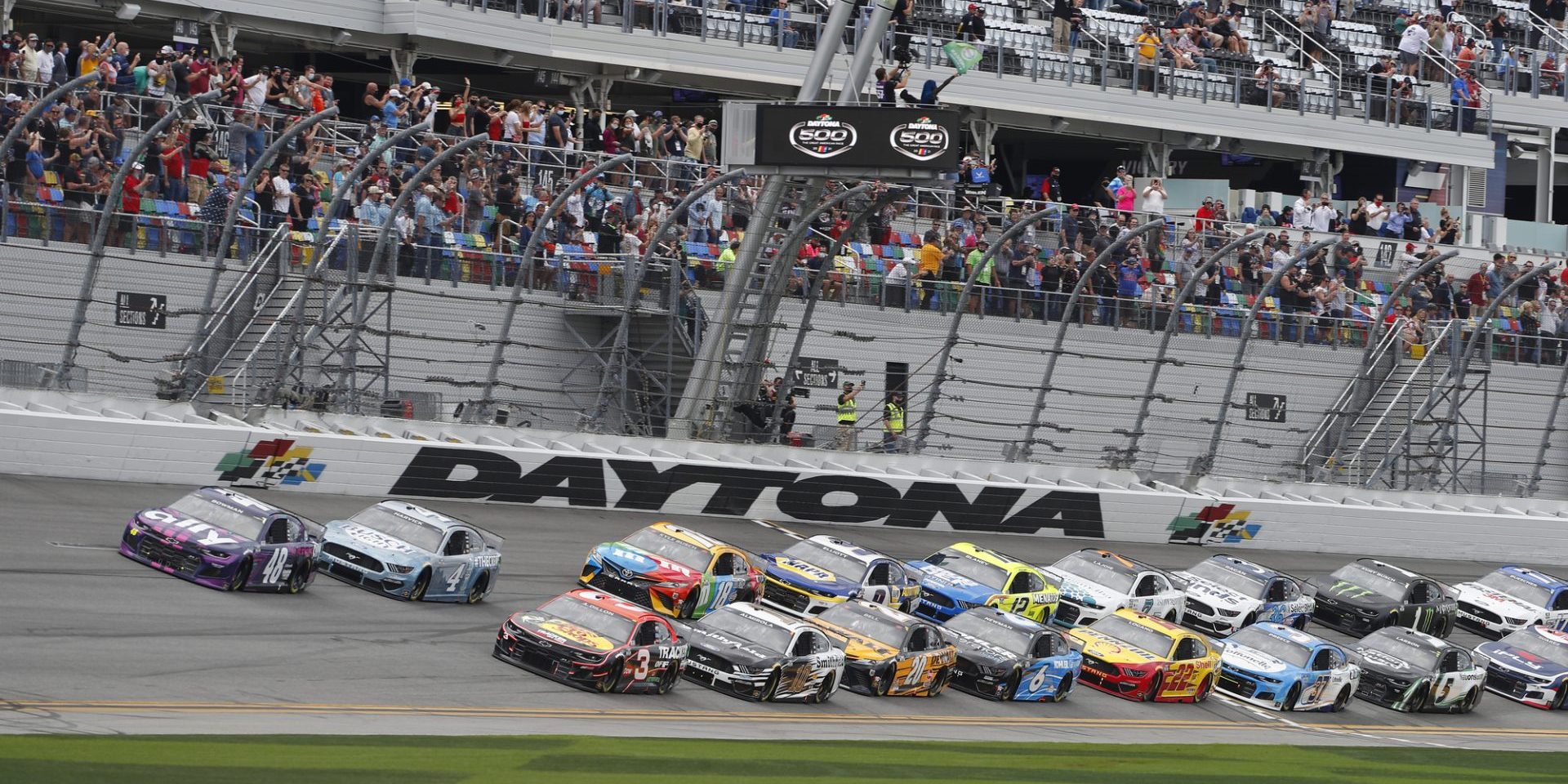
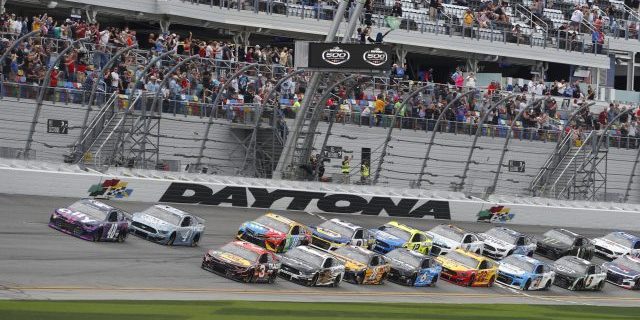
In the world of professional sports, each league typically has its championship event that stands above all others as a pinnacle of success and prestige. For NASCAR, that event is the Daytona 500, often referred to as ‘The Great American Race.’ It is the season-opening race that holds the highest esteem within the stock car racing community and garners attention from millions of fans and media outlets alike. Comparable in status to the Super Bowl in the National Football League (NFL), the Daytona 500 is celebrated for its rich history and significant impact on the drivers’ and teams’ standings.
Unlike the Super Bowl, which marks the season’s end in football, the Daytona 500 kicks off NASCAR’s racing season, setting an intense and competitive tone for the year. It’s an event where skill, speed, and strategy converge, as drivers navigate the famed Daytona International Speedway, a 2.5-mile tri-oval known for tight pack racing and dramatic finishes. With a winning purse that often exceeds that of any other race in the NASCAR Cup Series, the Daytona 500 is not only a race for glory but also one of substantial reward.
Key Takeaways
- The Daytona 500 is NASCAR’s equivalent to the NFL’s Super Bowl, signifying the highest prestige in stock car racing.
- This marquee event begins NASCAR’s season, contrasting the Super Bowl’s season-ending position.
- The Daytona 500 involves intense racing at the renowned Daytona International Speedway, where skill and strategy lead to victory and substantial prizes.
Table of Contents
History of NASCAR’s Premier Event
The Daytona 500 has firmly established itself as the pinnacle of NASCAR racing, akin to the Super Bowl in its significance and the illustrious history it carries, setting the stage each season for the sport’s most compelling competition.
The Evolution of the Daytona 500
The Inception: The Daytona 500’s origins trace back to races held on the sandy shores of Daytona Beach in the early 20th century. Its formal inception as “The Great American Race” occurred on February 22, 1959, marking the beginning of an annual tradition at the Daytona International Speedway.
The race has undergone numerous changes through the decades, from the types of cars racing to the qualifying procedures and even the technology utilized for both safety and performance. Initially, it was a showdown of stock cars racing bumper to bumper at speeds that were unthinkable for the time, and it has now evolved into a high-stakes event showcasing advanced automotive engineering and tactical prowess.
Technological Advancements and Regulations: Throughout the years, the Daytona 500 has been the stage for introducing various technological advancements, from restrictor plates to control speeds to the implementation of the Car of Tomorrow to enhance driver safety. Each adaptation has sought to balance competitiveness with safety, while also ensuring that the core of stock car racing — the driver’s skill and the team’s strategy — remains at the forefront.
Legendary Figures
Richard Petty: Known as “The King,” Richard Petty is synonymous with NASCAR and the Daytona 500. His record of seven Daytona 500 victories stands as a testament to his dominance in the sport. He captured his first Daytona 500 win in 1964 and continued to etch his name in the annals of NASCAR history with subsequent victories.
Dale Earnhardt: Dale Earnhardt’s tale at the Daytona 500 is one of perseverance and triumph. After facing numerous disappointments at the Daytona track, he achieved an emotional victory in 1998. This triumph was not just a personal milestone for Earnhardt but a moment immortalized in NASCAR history, as he was a one-time victor of the race despite his seven championship titles.
Both Petty and Earnhardt are enshrined in the NASCAR Hall of Fame, reflecting their monumental contributions to the sport and the Daytona 500’s legacy. Each year, the event honors past legends while providing the opportunity for new talents to emerge and leave their mark on this storied race.
Daytona 500: NASCAR’s Super Bowl
The Daytona 500 is often dubbed the “Great American Race” and is considered the premier event in the world of NASCAR, analogous to the NFL’s Super Bowl. Held annually at the Daytona International Speedway in Daytona, Florida, this prestigious race marks the opening of the NASCAR Cup Series season.
Key Points of the Daytona 500:
- Season Opener: The race traditionally serves as the first event of the NASCAR Cup Series, setting the stage for the season ahead.
- High Stakes: Like the Super Bowl, it offers significant prestige and a large purse, making it a coveted victory for drivers and teams.
Other Similarities to the Super Bowl:
- Media Coverage: The event attracts extensive media attention and is broadcast to millions of viewers, mirroring the Super Bowl’s exposure.
- Cultural Event: Just as the Super Bowl is known for its halftime show and commercials, the Daytona 500 has its own pre-race ceremonies and is a major social event.
The comparison of these two monumental events in their respective sports is not just metaphorical; both are pivotal in setting the tone for their seasons. While the Super Bowl concludes the NFL season with a definitive mark of excellence, the Daytona 500 launches NASCAR drivers into a competitive pursuit of the championship.
Understanding the Championship
NASCAR’s championship battle culminates in a series of races where drivers accumulate points to qualify for the final event, with the champion determined by their performance in the culminating race.
Points and Qualifying System
In the NASCAR Cup Series, drivers earn points based on their finishing position in races throughout the season. Bonus points are awarded for wins and individual stage victories. The points system is designed to reward consistency and winning, which are key to qualifying for the playoffs. The postseason structure is an elimination format, consisting of several rounds where the field of playoff drivers is gradually reduced. The culmination is the Championship 4 race, where the highest-finishing driver among the final four competitors is crowned the champion.
- Points Reset: At the beginning of the playoffs, points are reset with additional playoff points added for each driver based on their victories during the regular season.
- Elimination Rounds: After set intervals, the lowest-ranked drivers in the playoff points standings are eliminated from championship contention.
The Role of Superspeedways
Superspeedways such as Talladega play a significant role in NASCAR’s championship season. These tracks are known for their high speeds and pack racing, which can lead to unpredictable outcomes and large multicar accidents, often referred to as “The Big One.”
- Talladega Superspeedway: Considered one of the most prestigious tracks in NASCAR, Talladega is a venue where a win can greatly influence a driver’s likelihood of progressing through the playoff rounds or even earning a spot in the playoffs with an unexpected victory.
- Superspeedway Strategy: Successful strategies at superspeedways involve navigating the risks of drafting, precise timing, and sometimes, sheer luck to avoid the inevitable chaos and position oneself for a race-winning move.
Race Day Experience
The Daytona 500 creates an unparalleled atmosphere that embodies the spirit of NASCAR’s most celebrated event – from the historic track itself to the fervent fan base and extensive media attention.
Daytona International Speedway
Daytona International Speedway is a prestigious venue famed for hosting the Daytona 500, NASCAR’s season opener. The track has come to symbolize the high stakes and prestige associated with the sport’s most iconic race. With a seating capacity for tens of thousands, the speedway becomes a buzzing hub of activity come race day.
Fan Attendance and Media Coverage
Fan attendance at the Daytona 500 is typically among the highest of the NASCAR series with fans flocking from all over to witness the spectacle. The event commands significant media coverage, with networks such as FOX Sports dedicating comprehensive broadcast resources to ensure viewers at home can capture every moment of the thrilling action. This coverage helps maintain the event’s momentum as a fan favorite and a marquee event in the motorsports calendar.
NASCAR vs. Other Professional Sports
In comparing NASCAR with other professional sports, particularly in high-stakes events, two major areas stand out: the Super Bowl’s status in the NFL and the iconic Daytona 500 in the world of motorsports.
Comparing Super Bowl and Daytona 500
The Super Bowl is the NFL’s premiere event, drawing massive domestic and international viewership. It represents the pinnacle of American football and is the championship game that concludes the NFL playoffs. In contrast, NASCAR’s Daytona 500 is the most prestigious race in the NASCAR Cup Series and often referred to as “The Great American Race”. Although it does not serve as a season finale, it is NASCAR’s flagship event, akin to the Super Bowl, ushering in a new season of racing.
| Event | Sport | Significance |
|---|---|---|
| Super Bowl | NFL Football | Championship game, season conclusion |
| Daytona 500 | NASCAR | Season-opener, most prestigious race |
NASCAR’s Place in Motorsports
NASCAR holds a significant position in the motorsports landscape, standing alongside Formula One as one of the most recognized racing series. While Formula One is known for its global appeal and high-tech innovation, NASCAR is deeply rooted in American culture and excels at creating an immersive experience for fans. Its races are characterized by high-speed oval track competitions, contrasting with the diverse track designs of Formula One.
Both series have distinct fan bases and impact within professional sports, reflecting different traditions and preferences in motorsports.
Influential NASCAR Personalities
NASCAR boasts personalities that have not only been pivotal in shaping the sport but who also bring a dynamic to team ownership and operation.
Drivers Who Shaped the Sport
Dale Earnhardt Sr.
A legend in his own right, Dale Earnhardt Sr. left an indelible mark on NASCAR. His aggressive driving style and seven championships tied him with Richard Petty and later, Jimmie Johnson, for the most Cup titles in history. His impact continues to resonate well beyond his tragic end at Daytona in 2001.
Jimmie Johnson
Jimmie Johnson, with his seven championships, mirrors the record set by Earnhardt Sr. and Petty. Johnson’s career with Hendrick Motorsports stands as a testament to his skill and determination on the track, and his legacy is felt both by fans and emerging drivers.
Kyle Larson
As a notable driver for Hendrick Motorsports, Kyle Larson made significant waves by winning the NASCAR Cup Series championship in 2021. His success showcases the continued strength of Hendrick Motorsports in finding and fostering top driving talent.
Team Dynamics and Ownership
Hendrick Motorsports
Hendrick Motorsports stands out among NASCAR teams for its consistently top-performing squad of drivers. With a history of championships and producing Hall of Fame-caliber athletes, this team has been pivotal in setting standards for success in the sport.
NASCAR Teams
While drivers often receive the spotlight, NASCAR teams are the backbone of the sport. Teams like Hendrick Motorsports play a crucial role in strategizing, maintaining the vehicles, and supporting drivers like Jimmie Johnson and Kyle Larson to achieve peak performance on the track.
Modern Innovations in Racing
The landscape of motorsports has witnessed a continual evolution, particularly in the areas of technological enhancements and reinforced safety protocols.
Technological Advancements
In recent years, NASCAR has seen significant technological advancements aimed at improving both competition and the fan experience. One such innovation is the introduction of the Next Gen car, which is a substantial redesign of the traditional stock car with modernized components. The Next Gen car makes use of a tapered spacer to regulate the engine’s horsepower, balancing the field and placing greater emphasis on driver skill.
Teams are now more reliant on advanced engineering and data analytics, with each racing team meticulously preparing for races to ensure peak performance. The process of setting the car’s specifications has become a precise science, with attention to detail in every component selection.
Safety and Regulations
Alongside technological progress, NASCAR has also focused on enhancing safety protocols. The governing body frequently revises the rulebook to address new challenges that emerge with faster speeds and closer racing. Upgrades in track design, car construction, and personal gear are a testament to NASCAR’s commitment to driver and spectator safety.
Regulations have become more stringent to ensure fair competition. For example, qualifying races and duels before major events have received increased scrutiny, ensuring that starting positions are awarded based on consistent performance criteria.
These continuous advancements in technology and safety have helped preserve the essence of the sport while adapting to advancements in automotive technology and the inevitable evolution of racing strategies.
Looking to the Future
As NASCAR continues to evolve, the focus shifts toward emerging drivers and the expansion of its global audience.
Emerging Talent
The spotlight in NASCAR’s future is increasingly on new drivers poised to make their mark. Christopher Bell and Tyler Reddick represent the fresh faces dominating the track with their remarkable skills and consistent performances. These drivers are not only gaining traction with every race but also shaping the future of NASCAR with their potential to become the next legends, akin to the lasting legacy of Cale Yarborough.
- Christopher Bell: Achieved multiple victories in recent seasons, demonstrating rapid advancement in his driving career.
- Tyler Reddick: Known for his aggressive driving style, Reddick has turned heads with his performances, indicating a promising future in the sport.
Expanding Global Reach
NASCAR is set to broaden its international presence, attracting a wider fan base and diversifying its appeal across different cultures and regions. The strategic moves to globalize the sport involve catering to international audiences through accessible broadcasting, digital media, and potential exhibition races outside the United States.
- International Broadcasting: NASCAR’s focused efforts on offering accessible viewing options to international markets.
- Digital Engagement: Leveraging social media and online platforms to connect with a global audience and foster a community of NASCAR enthusiasts worldwide.

